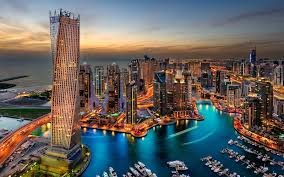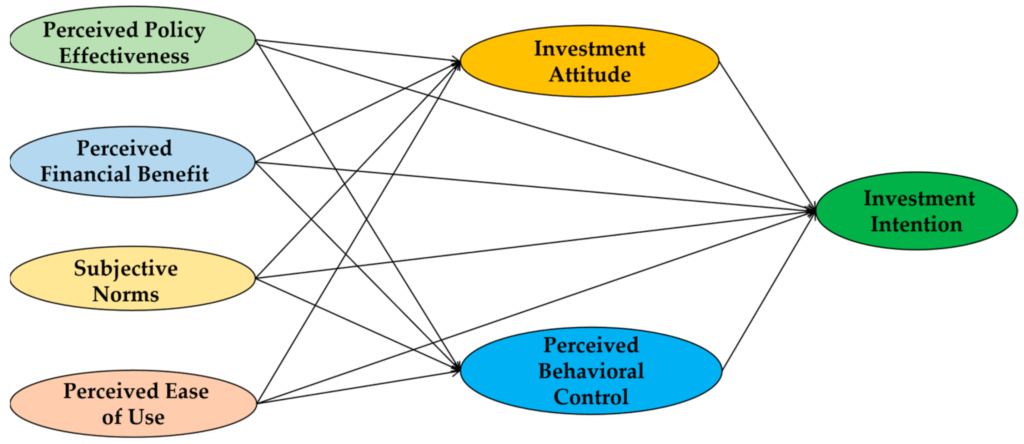
The United Arab Emirates (UAE) has long been a hotspot for real estate investment, with cities like Dubai and Abu Dhabi offering luxury apartments, iconic skyscrapers, and tax-free property ownership. But in recent months, signs of a property market slowdown have started to appear.
This shift is raising important questions for investors, homeowners, and developers. What’s causing the slowdown? Is it temporary? And what should buyers and sellers do next? In this article, we break it down in simple terms.

Over the last few years, especially after the COVID-19 pandemic, the UAE property market bounced back strongly. Dubai recorded record-breaking real estate sales in 2022 and 2023, driven by high demand, foreign investment, and government incentives like the Golden Visa.
However, in early to mid-2025, several data sources and analysts report slower growth in property transactions, price increases, and new developments. While the market is not crashing, it is no longer growing at the rapid pace seen in the past two years.
According to a Q1 2025 report by real estate consultancy CBRE, residential price growth in Dubai slowed to 5.6% compared to 11.2% in the same period last year. Rental rates are still rising, but at a slower speed, while the number of new off-plan project launches has decreased.

Several factors are contributing to this cooling of the property market in the UAE:
Globally, interest rates have been rising to combat inflation. In the UAE, mortgage rates are linked to U.S. interest rates because of the dirham’s peg to the U.S. dollar. Higher borrowing costs have made it more expensive for people to finance property purchases.
With a large number of new projects completed in 2022 and 2023, some locations now face an oversupply of luxury properties. This excess inventory is putting downward pressure on prices and making developers more cautious.
Global concerns such as conflicts in Ukraine and the Middle East, slowdowns in Europe and China, and high inflation have made investors more careful. Many prefer to wait and see how the market performs before making big purchases.
After two years of strong buying activity, many potential buyers have already entered the market. This natural pause is expected, as people take time to assess their returns or wait for better deals.

This slowdown could be an opportunity. With prices stabilizing and less competition, buyers may be able to negotiate better deals. Some developers are offering incentives, like flexible payment plans or waiving certain fees, to attract serious buyers.
However, buyers should focus on location, quality, and long-term value. Projects in central, well-connected areas are more likely to hold their value even in a slower market.
Sellers need to be more realistic with pricing. Properties that are priced too high may sit on the market longer. Home staging, minor renovations, and working with a professional agent can help close deals faster.
Rental demand in cities like Dubai remains strong, especially for mid-range properties. Expats continue to move to the UAE for work, creating a steady demand for affordable housing. This makes rental yields attractive in many areas, especially if bought at the right price.
Not all parts of the UAE are slowing down equally. Here’s a quick look:
Real estate experts agree that the UAE market is not collapsing, but rather entering a more mature phase. Growth is slowing, but fundamentals remain strong due to the country’s political stability, investor-friendly laws, and long-term economic vision (such as Dubai 2040 Master Plan).
“A slowdown was expected after such a strong run,” says Ahmed Khan, a Dubai-based property analyst. “This is a healthy correction. We expect the market to remain positive in the medium to long term.”
The UAE government continues to support the property sector through:
Such policies ensure the country stays attractive for global talent and investors, even during periods of slower growth.
The UAE’s property market is slowing down—but this isn’t a reason to panic. In fact, it could mean more stability and long-term growth for those who buy smart and plan well.
Buyers and investors should do proper research, choose trusted developers, and focus on long-term returns rather than short-term gains. With continued government support and strong fundamentals, the UAE real estate market is likely to remain a safe haven in the region.
